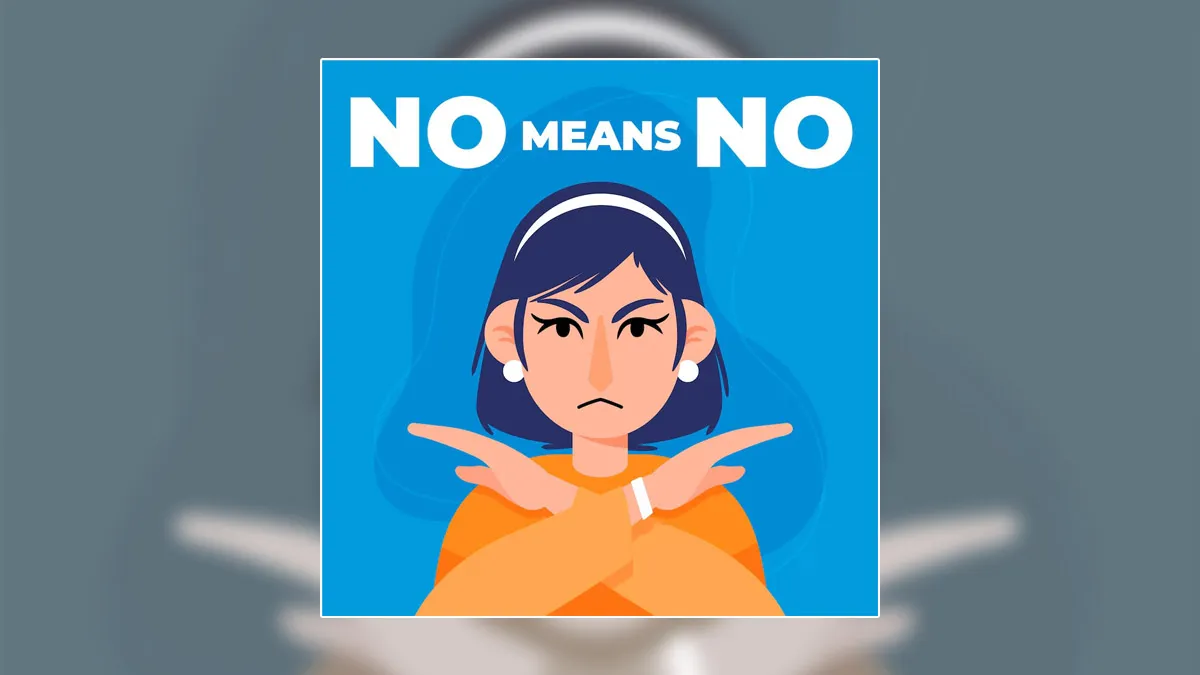
In a decisive move, the Bombay High Court has delivered a verdict that is as clear as it is courageous, a resounding affirmation that "no" is a complete sentence when it comes to women’s consent. In this article, we will share all the details you need to know regarding the verdict.
In an era where the nuances of consent are under constant judicial scrutiny, the Bombay High Court has taken a firm stance stating that 'No' means 'No', and there exists no ambiguity in that assertion. The ruling was delivered on May 6, 2025, where the Nagpur Bench , comprising Justices Nitin Suryawanshi and M W Chandwani, upheld the convictions of three men involved in a harrowing 2014 gang-rape case.

The court’s message is being said to reinforce the fundamental right of a woman to bodily autonomy, irrespective of her past or present relationships.
The bench also declared, “A woman who consents to sexual activities with a man at a particular instance does not ipso facto give consent to sexual activity with the same man at all other instances.” The attempt to conflate past intimacy with perpetual consent was firmly denounced as both illogical and unlawful by the bench.
Don't Miss: Non-Consensual Unnatural Sex Between Husband And Wife Is Not Rape, Says Allahabad Court: Details Inside
The ruling is in a form, the Court’s powerful rejection of the argument that a woman's previous intimate history as one of the accused implied ongoing consent.

The bench also spoke against the defence's strategy of shaming the survivor based on her prior relationships. “A woman’s character or morals are not related to the number of sexual partners she has had,” stated the court, citing Section 53A of the Indian Evidence Act, which bars the use of a woman’s sexual history to question her credibility.
The judges noted that rape is not merely a sexual act but aggression and a grievous infringement upon a woman’s right to dignity, privacy, and mental sanctity. “Rape objectifies a woman and thereby shakes the very core of her life,” the court observed, adding that it is “the most morally and physically reprehensible crime in society.”
However, while upholding the convictions under Sections 376D, 307, 366, and 394 of the Indian Penal Code, the court revised the life sentences to 20 years’ rigorous imprisonment, noting legal precedents and sentencing norms.
Don't Miss: Supreme Court: Man Refusing Marriage Can't Be Accused Of Rape If Woman Was Living With Him For Long
If you liked this story, then please share it. To read more such stories, stay connected to HerZindagi.
Image Credits: Freepik
Our aim is to provide accurate, safe and expert verified information through our articles and social media handles. The remedies, advice and tips mentioned here are for general information only. Please consult your expert before trying any kind of health, beauty, life hacks or astrology related tips. For any feedback or complaint, contact us at compliant_gro@jagrannewmedia.com.